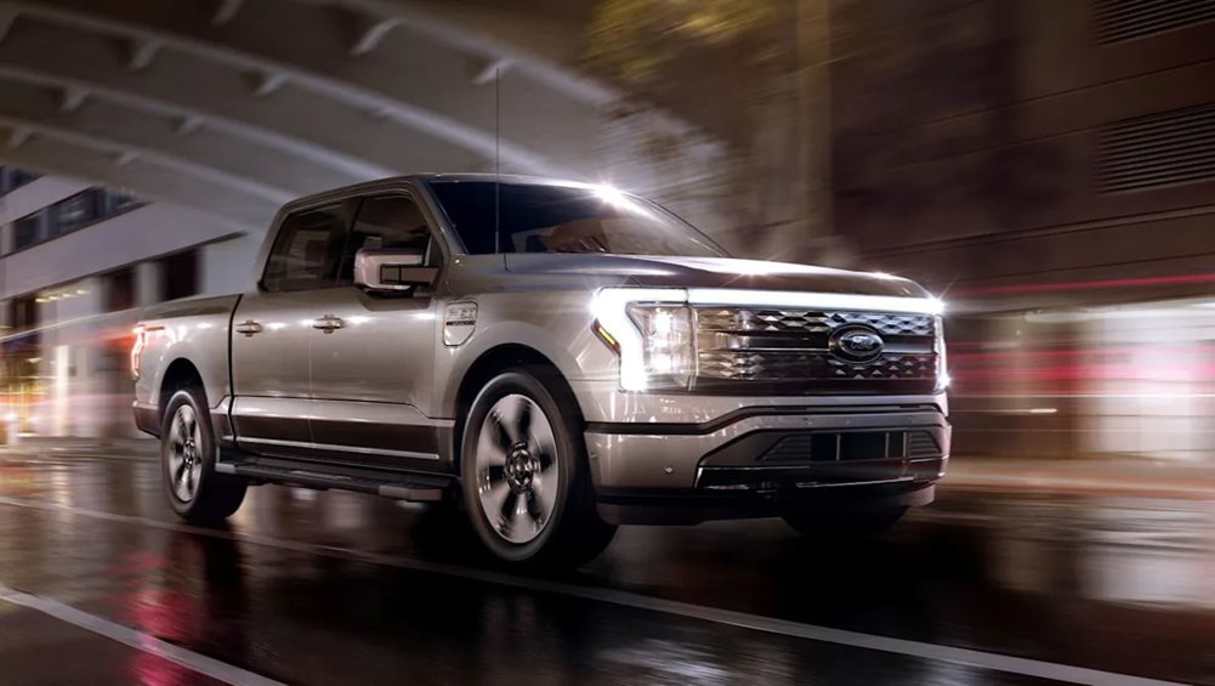Ford CEO, Jim Farley, has laid out some relatively candid opinions regarding the EV sales and manufacturing race and how China is changing the way legacy brands operate.
In an interview as part of the 2025 Aspen Ideas Festival, run by the nonprofit Aspen Institute, the CEO warned “The West” isn’t taking China seriously as a rival in business. He noted that if Ford and others don’t change their approaches, long-standing companies will cease to exist.
Farley’s place as the head of one of the world’s biggest automotive brands gives weight to his warning, but his approach to the issue leans more toward cooperation than “demonising” China as opposition.
Farley said he’s been on ‘six to seven’ trips to China in the past 12 year, with the executive calling it “the most humbling thing [he’s] ever seen.”
He pointed out the integration between businesses and technologies in the auto sector means cars are already a part of someone’s digital life, their accounts are already linked to cars much like a smartphone.
“They have far superior in-vehicle technology,” he told interviewer Walter Isaacson. “Huawei and Xiaomi are in every car. You get in, you don’t have to pair your phone.”
Farley is asked why Ford’s cars can’t do that, and his answer is that “Google and Apple decided not to go into the car business”.

“Even beyond that, their cost, their quality of their vehicles is far superior to what I see in the West.”
“We are in a global competition with China. And it’s not just EV,” he said. “If we lose this, we do not have a future Ford.”
When asked why he has spent so much time in China lately, Farley said the main one is product learning.

“We get the last hundred cars that launched there, we drive as many of them as we can. Then we pick the four or five that we love, put ‘em on a plane and fly them to Detroit.”
“Then we drive the crap out of them, and we take them apart and we put them back together.”
Farley is asked if the Trump administration would be a barrier to Ford creating new joint ventures (JVs) in China and he pointed out that, as far as he’s experienced, the government in the US has been open to business deals with China with the ‘right guardrails in place’.
But Farley said it’s a two-way street, and implies there’s good reason for China to cooperate with Western brands.
“People don’t realise China has IP that we need. We need to be more humble as a country. They do things really well that we need to learn, and how we learn is through joint ventures and co-operations and partnerships.
“We can’t be so obsessed with China as an enemy that we aren’t humble enough to set up those business structures to have people in those JVs that transfer the knowledge back to the home company, Ford.
“By the way, they need us. We have distribution systems and intimacy with our customers they don’t know. They don’t know how to make quality in a lot of countries, we do after 120 years.
“We have to be careful [not to] - it’s too strong a word but - demonise them as a competitor," he said.



.jpg)
.jpg)


.jpg)
.jpg)
.jpg)
.jpg)
.jpg)


.jpg)
.jpg)
.jpg)


.jpg)
.jpg)
.jpg)
.jpg)